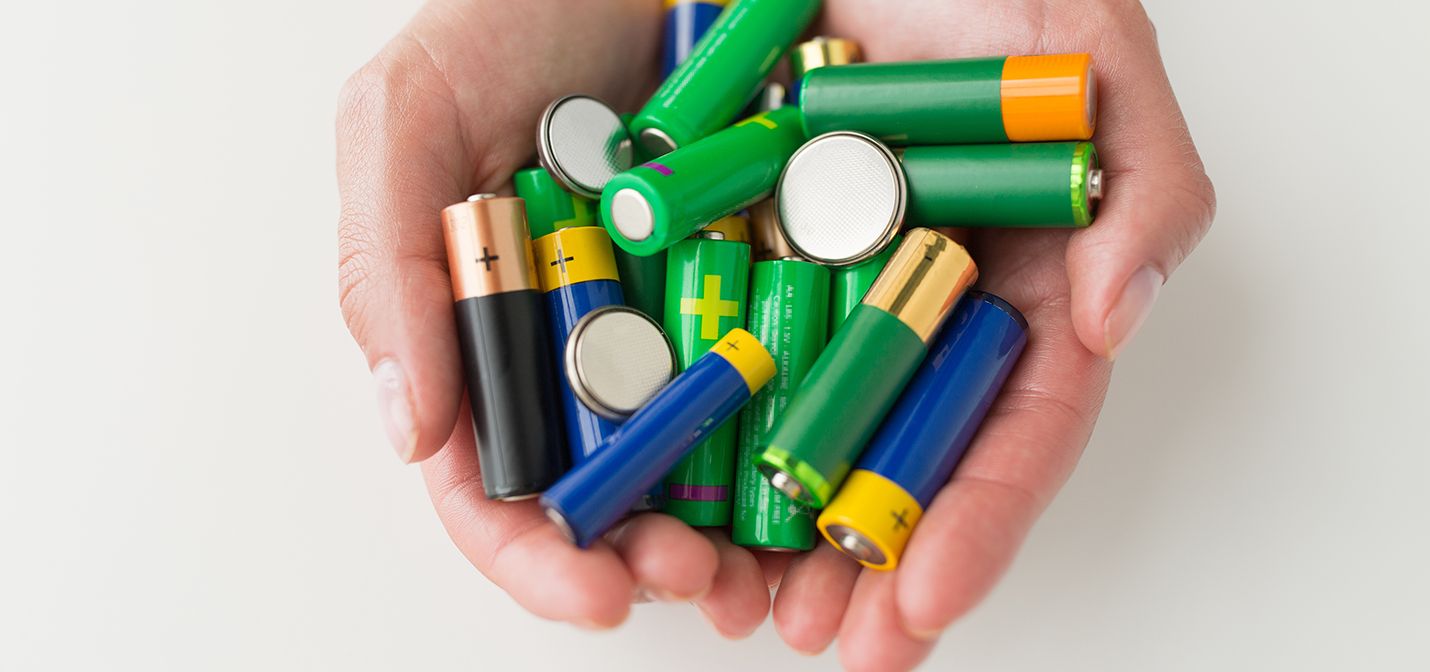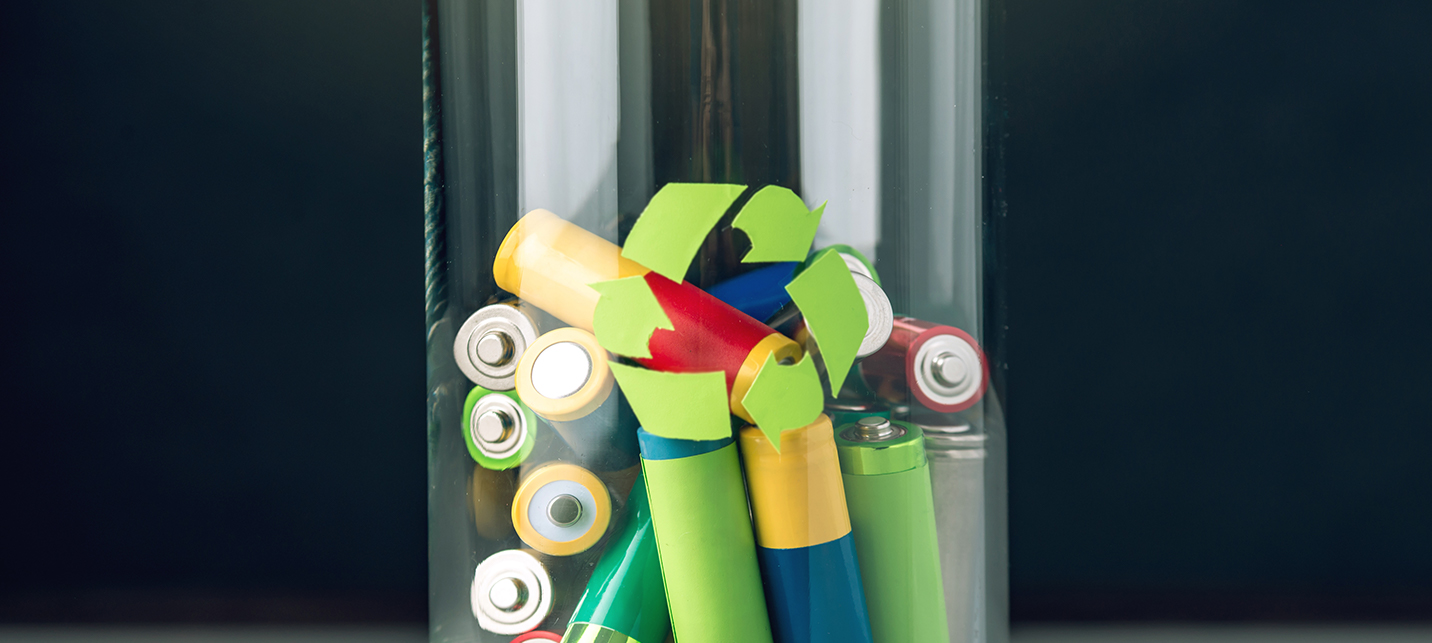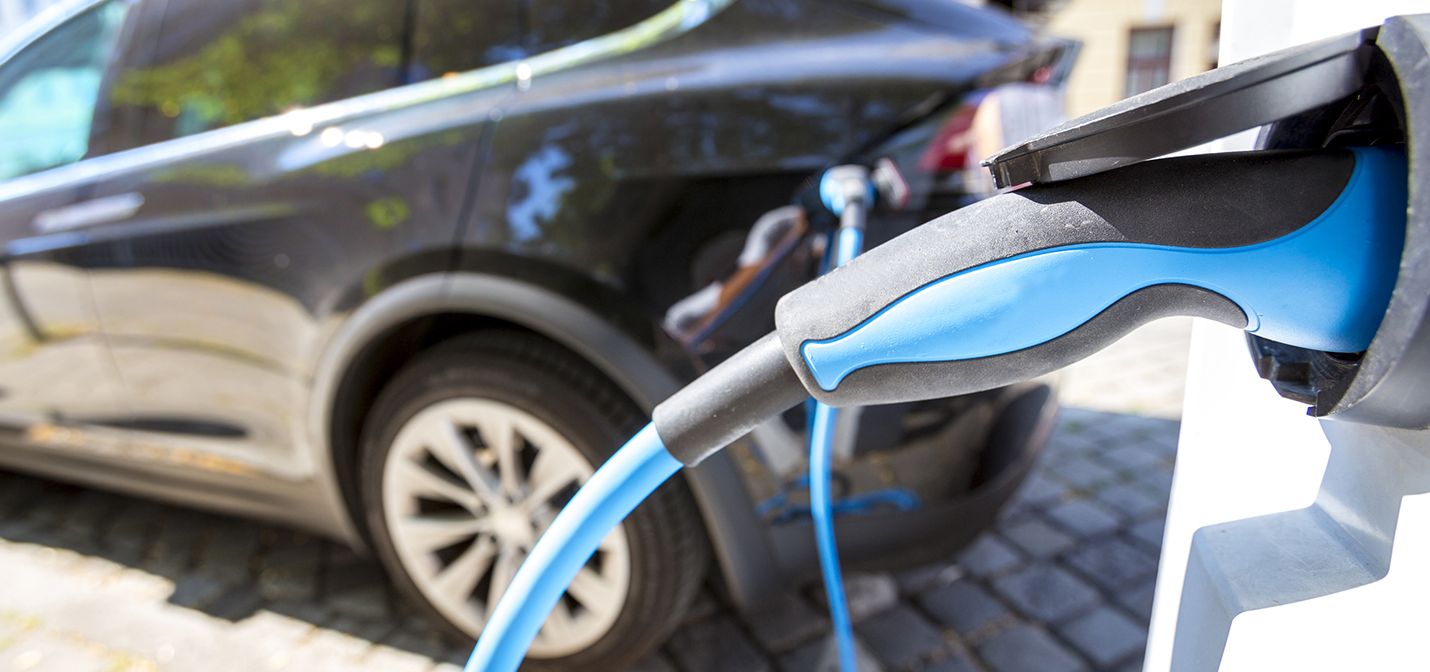

E-waste: why you shouldn’t throw batteries in the bin?
A TV remote control, a computer mouse or a light mounted on a bicycle - every day we use devices powered by various types of batteries and accumulators. The vast majority of them are disposable; useless for us when depleted, but for the environment they become hazardous waste. Every year, millions of such batteries go to the wrong places and pollute our planet.
The impact of batteries on the environment
Photos depicting forests filled with garbage or reservoirs full of floating plastic give you food for thought. It’s like returns to scale. Garbage creates a large and disgusting landscape (although it is not the only problem associated with it). When you look at an inconspicuous battery, it may come to your mind that this baby should not do any serious damage. You couldn’t be more wrong! The batteries contain heavy metals: lead, mercury, cadmium, nickel and zinc. We also find harmful substances in them, such as manganese and lithium. By handling them in the wrong way, you can lead to soil and water contamination.
Substances that may harm your health
The ecological aspect is one thing. The presence of these substances in batteries can also directly affect your health. The point is that the components of such waste are not neutral to the human body. The list of elements contained in batteries can make your blood run cold:
- Lead - a poisonous element that leads to damage to the nerve cells. It can contribute to the development of many diseases: from mental to cancerous.
- Mercury - a substance with highly toxic properties. It can get into the body both through the digestive and respiratory systems. It wreaks havoc in the central nervous system. It may also contribute to the formation of cancerous changes or the development of kidney disease.
- Cadmium - an element considered to be highly toxic and carcinogenic. It can cause many ailments from anemia and muscular dystrophy to impotence.
- Nickel - is harmful e.g. to the mucous membrane. It promotes formation of cancer.
- Zinc - may weaken your immune system. When larger doses are involved, it may cause nausea and vomiting.
- Lit- a toxic element that adversely affects many human organs.
- Manganese - has a negative impact on the nervous system.
Of course, in a single battery, the substances referred to above are found in trace amounts. However, their high degree of toxicity is worth considering. Nobody in their right mind would want all these poisons to ever get out of hand. Therefore, batteries should be handled with great caution and several rules should be adhered to.
First of all: segregate the garbage
Having "dismantled" our good old battery and described what is inside, we should not have doubts that this type of waste needs to be separated from the rest of the garbage. A battery requires special treatment. When it becomes useless to you, put it aside. Put it in a box or a bag and find a dry place where it will remain at room temperature until it is recycled. Remember about batteries even when they are out of sight. If you get rid of some old device, look inside it and check if there is any electrical cell left in it that could harm the environment or you and your relatives. Do you have a knack for D.I.Y.? Are you guided by curiosity? Be warned against experiments! Attempts to dismantle an item or look inside it will not do much good!
Second: hand over your batteries for recycling
Fortunately, you are not left alone with the problem (s). The obligation to segregate waste is on you, but the mission you are entrusted with ends when the battery is put in a special container. The rest is taken over by specialists who know how to safely dispose of batteries and make use of their components. When you think it's time to clean up and get rid of your "collection" of electronic waste, find out where in your area are pickup points. Such places are to be found primarily in shops, offices or schools, i.e. institutions that should promote pro-environmental attitudes. Used batteries can also be handed over during regularly- organized electro-waste collections.

Responsibilities of producers
The law also imposes certain obligations on the producers themselves. The point is that the production of batteries was increasingly based on raw materials recovered in the recycling process. For those more resistant, who do not want to stick to ecological standards, fines are provided for by the law. In such circumstances effective recycling is also in the interest of companies that provide us with those popular AA or AAA batteries.
How does battery recycling work?
The whole system is about one thing: letting professionals deal with the safe disposal of batteries. Recycling is a process consisting of several stages. A battery that reaches a specialized unit is first "dismembered" and its individual parts are separated and correctly segregated. Some elements will go to blast furnaces where they will be melted. Others will be thrown into special chemical solutions to be dissolved. The point is to regain all that can be recovered and give it a second life. Unfortunately, not all battery components can be reused. It is also important to minimize the impact of hazardous waste on the environment and, as a result, on our lives.
Zobacz również:
Most frequently read

About company
Silbo – packaging production experts with 20 years of experience in the industry. We support environmental protection on many levels, for example with creating new, biocompostable standards in the field of packaging production. These are the main values on which the activity of SILBO is based: focusing on innovation, ecology and quality issues.


Received certificates















